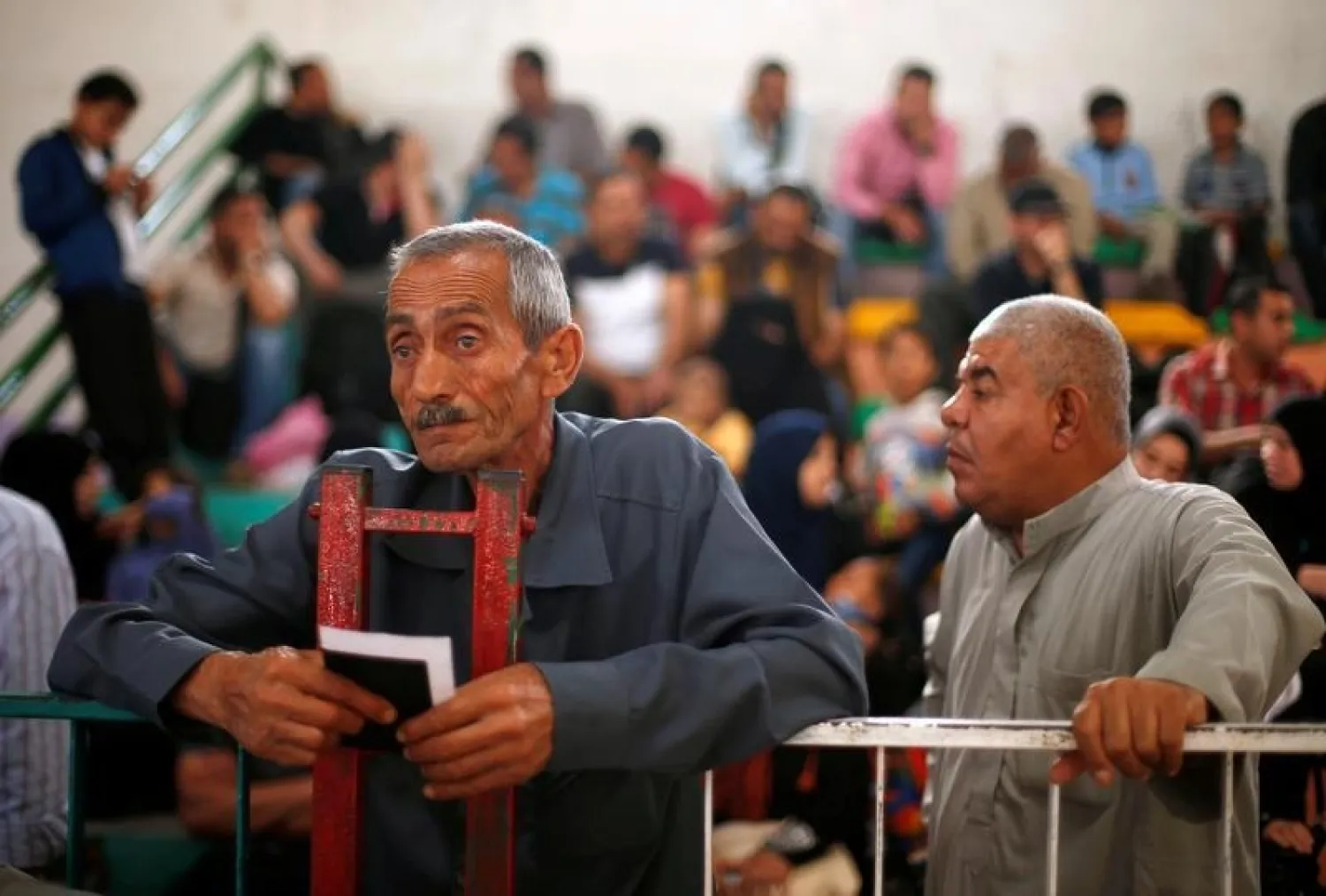A Hamas official accused the Palestinian Authority (PA) of obstructing new understandings signed by the movement’s leadership with Egyptian intelligence to provide facilities to the residents of the Gaza Strip.
“The PA continues its attempts to obstruct the understandings that took place in Egypt,” said Ahmed Bahr, a member of Hamas Polibureau in Gaza.
His brief remarks came during a festival in Gaza, in which he attacked the PA and called for a “unified national strategy”, underlining the need for “a sincere will” to build the Palestinian national project.
Bahr accused the PA of refusing to respond to calls for unity and reconciliation and of trying to sabotage agreements with Egypt.
The Hamas official said that national pressure should be exerted on the Authority to accelerate the implementation of reconciliation agreements, and stop the “racist measures and collective punishment targeting the Gaza Strip.”
His comments came in wake of statements by Fatah leaders, including Azzam al-Ahmed, the party’s foreign relations official, that Egypt has assured the Palestinian Authority that it would not open the Rafah crossing completely and permanently, except through the PA - the official sovereign authority.
Ahmed’s remarks contradicted statements by Hamas officials, in which they gave hope to Gaza residents about a permanent opening to the Rafah crossing based on agreements with Egypt.
Hamas said the Rafah crossing would be opened after Eid al-Adha, which falls in the beginning of September, as part of an agreement with Cairo that would include commercial exchanges.
Egyptian intelligence officials have met with Hamas officials several times and discussed with them security agreements that included facilities for the Gaza Strip.
Meanwhile, well-informed Palestinian sources told Asharq al-Awsat that Palestinian President Mahmoud Abbas had asked President Abdel-Fattah el-Sisi during his recent visit to Egypt about the nature of the Egyptian-Hamas rapprochement.
Sisi responded by saying that he recognized the PA as the only legitimate representative of the Palestinian people. He added that Egyptian intelligence was discussing with Hamas security issues that concern Egypt’s national security.
The PA opposes the establishment of any official or direct relations with Hamas, as it accuses the movement of seizing power by force in the Gaza Strip in 2007.









